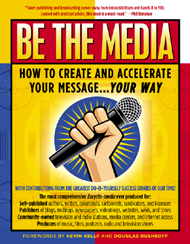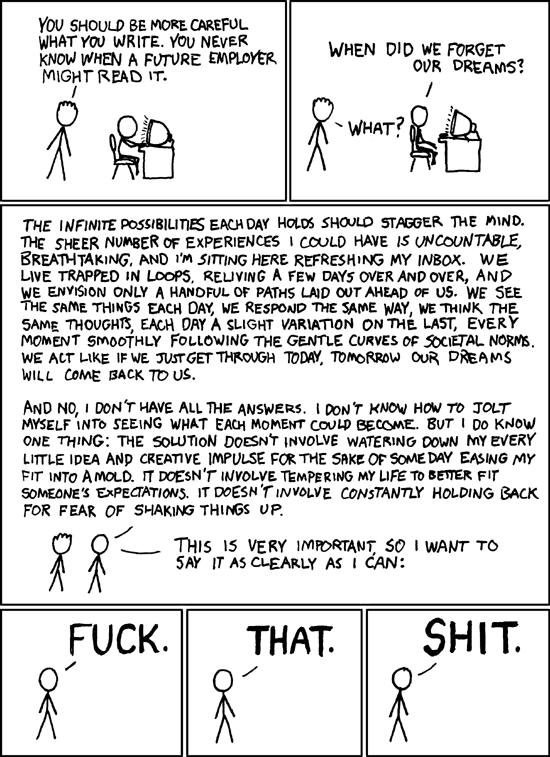UPDATE:
This Saturday, I am launching the "beta" version of my on-camera "Auditioning" acting class. This initial class is by invitation only, so if you would like to attend, email me, and I'll let you know if there are any spots left.
The class will focus strictly upon auditioning, which I believe to be a little bit of a black art, no matter what anybody tells you. Many folks who read this blog are veteran actors, some are newbs, and some are not actors at all. A few of each have signed up for the initial class, so you'll be in good company.
We'll cover some of the following items. The rest we'll cover during the full-length course:
- The kind of auditions you should be focusing on for your "type."
- 7 things you should ALWAYS do during an audition.
- Differences between auditions and on-set performances.
- 3 things you should NEVER do during an audition.
- Owning the room.
- How to handle improvised, no-line, and 1-, 2-, or 3-line auditions.
- Group auditions vs. solo auditions vs. "firing line" auditions.
- Role reversal tips.
- Taking direction and making adjustments.
- Making use of the full frame.
- Sit, stand, or lie down? How to handle stage directions.
- Hot choices and when to make them.
- What to wear, and what to NEVER wear!
- Off-book or on-book? Should you memorize your lines?
- Live auditions vs. taped auditions.
- Regional casting directors' likes and dislikes.
- How to make story-accurate choices.
- Bait & Switch- what to do when you are asked to read for a DIFFERENT part.
- Using your voice to best advantage.
- Cold Readings – Sides are given to each actor in the audition class and they have between five and fifteen minutes to prepare for the audition.
- Warm Readings – sides are e-mailed to the actors several days in advance and they bring in their prepared auditions.
- Text Analysis – Method that teaches how to efficiently break down a scene to create certainty while auditioning.
- Improvised auditions.
- How to use your nerves to your advantage.
- Transitioning your auditioning skills into a real world audition. Many actors perform fabulously when going over sides on their own, in acting class or with a coach only to have a less than par audition in a real world situation.
- How to kick off your audition with "guns blazing."
- Keeping records of your auditions.
- Keys for product commercials.
- Reading for "non-actor / real people" roles.
- other fun stuff.
Happy auditioning, everyone!
P.S. - A shout-out to our friend Karl Anderson, who booked a role on the new TV series Chase. Way to go, Karl!





